- Your cart is empty
- Continue Shopping

Product
Description:
Atazor encapsulates Atazanavir, a medication primarily used in the management of human immunodeficiency virus (HIV) infection. This antiretroviral agent belongs to the class of protease inhibitors, crucial in the suppression of HIV replication within the body. Atazor is instrumental in improving the quality of life for individuals living with HIV by effectively controlling the virus and preventing its progression to acquired immunodeficiency syndrome (AIDS).
Indication:
Atazor (Atazanavir 150 mg Capsules) is indicated for the treatment of HIV-1 infection in adults and pediatric patients weighing at least 15 kg. It is typically prescribed as part of combination antiretroviral therapy (cART) to achieve sustained suppression of viral load, restoration of immune function, and reduction in the risk of HIV-related complications.
Mechanism of Action:
Atazanavir, the active component of Atazor, functions by inhibiting the HIV protease enzyme, essential for viral replication. By blocking protease activity, Atazanavir prevents the cleavage of viral polyproteins into functional components necessary for the production of mature infectious virions. This inhibition effectively suppresses viral replication, leading to a reduction in viral load and preservation of immune function.
Administration:
Atazor is available in capsule form for oral administration. The capsules should be swallowed whole with water and can be taken with or without food, depending on individual preference and tolerability. It is essential for patients to adhere to the prescribed dosing regimen and maintain consistent use of the medication to achieve optimal therapeutic outcomes.
Dosage:
The recommended dosage of Atazor (Atazanavir 150 mg Capsules) varies depending on factors such as the patient’s age, weight, renal function, and concomitant use of other antiretroviral medications. Typically, the standard adult dosage is one 150 mg capsule taken once daily, preferably with food, as part of a comprehensive antiretroviral regimen. Pediatric dosing is determined based on body weight and is calculated to ensure appropriate dosing for children aged 6 years and older.
Efficacy:
Atazor has demonstrated significant efficacy in the treatment of HIV-1 infection, particularly when used as part of combination antiretroviral therapy (cART). Clinical studies have shown that Atazanavir-based regimens achieve potent and durable suppression of viral load, leading to improved immunologic response and reduced risk of HIV-related complications. Additionally, Atazanavir has a favorable safety profile and is well-tolerated in both treatment-naive and treatment-experienced patients.
Side Effects:
While generally well-tolerated, Atazor (Atazanavir 150 mg Capsules) may be associated with certain side effects. Common side effects include gastrointestinal symptoms such as nausea, vomiting, diarrhea, and abdominal discomfort. Other potential side effects may include rash, jaundice, hyperbilirubinemia, and lipid abnormalities. Most side effects are mild to moderate in severity and typically resolve with continued use or dose adjustment.
Precautions:
Before initiating treatment with Atazor, healthcare providers should conduct a thorough assessment of the patient’s medical history, including any pre-existing conditions or concomitant medications. Atazanavir may interact with other drugs, particularly those metabolized by the cytochrome P450 enzyme system, necessitating dose adjustments or close monitoring for potential drug interactions.
Patients receiving Atazor should undergo regular monitoring of viral load, CD4 cell count, liver function tests, and renal function to assess treatment response and detect any potential adverse effects. Additionally, patients should be educated about the importance of adherence to treatment and the potential risks and benefits of therapy.
In conclusion, Atazor (Atazanavir 150 mg Capsules) plays a vital role in the management of HIV-1 infection, offering potent antiretroviral activity with a favorable safety profile. By inhibiting HIV protease activity, Atazanavir effectively suppresses viral replication, leading to improved clinical outcomes and quality of life for individuals living with HIV. However, as with any medication, patients should be monitored closely for potential side effects and drug interactions, and treatment should be individualized based on patient-specific factors and needs.


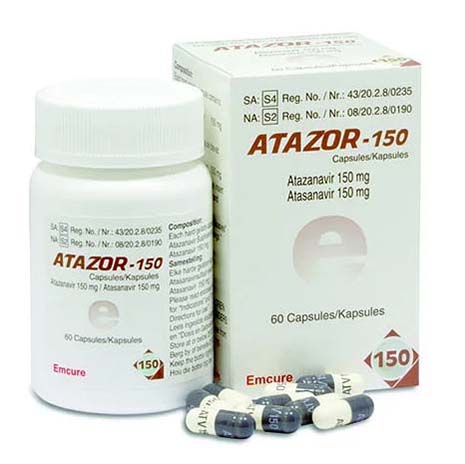
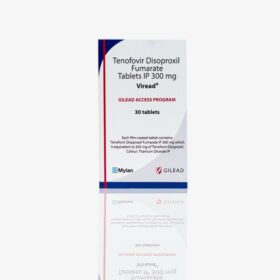

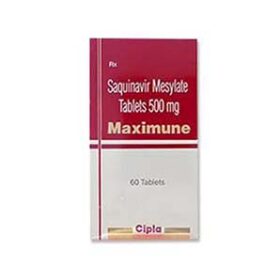

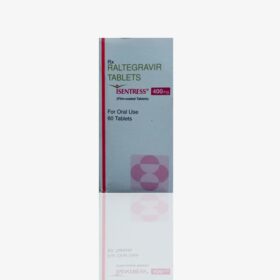

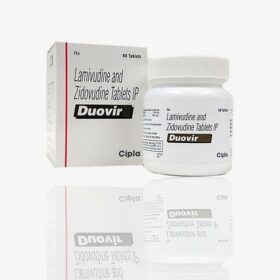




Reviews
There are no reviews yet.